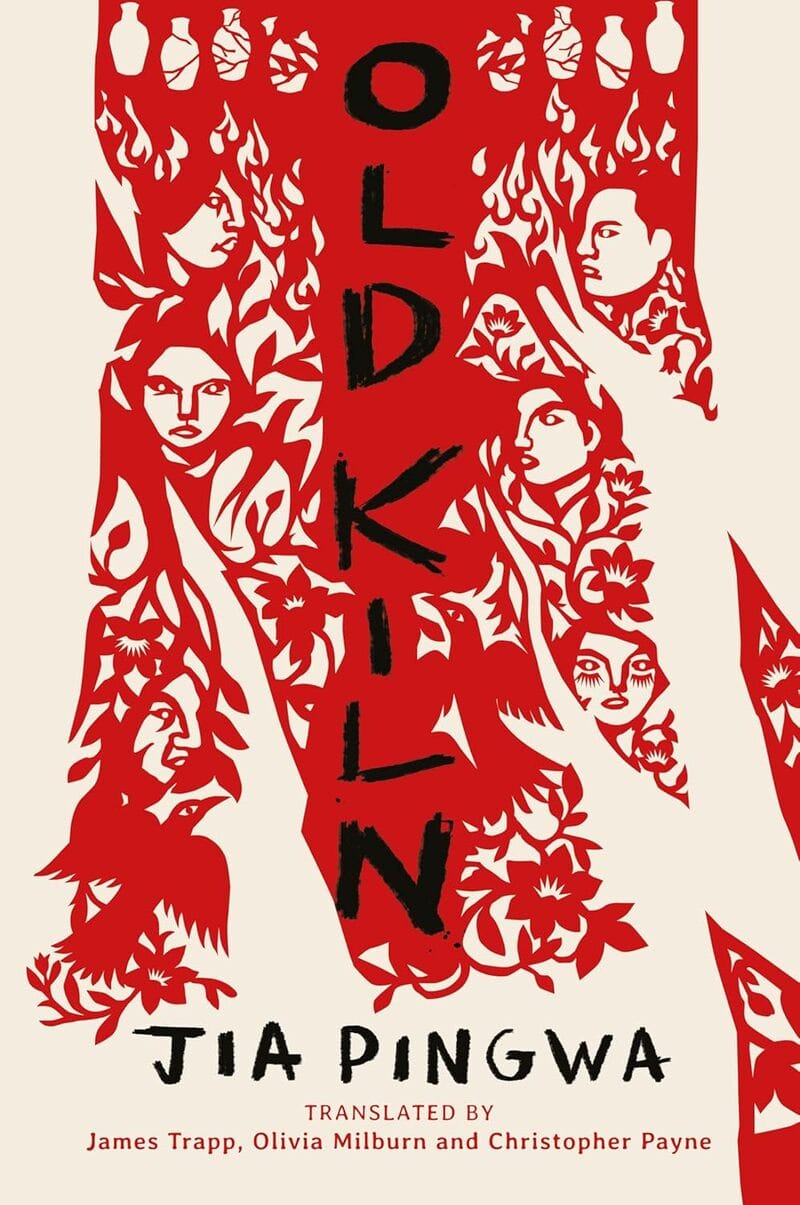Mud, blood, farts and plenty of swearing: esteemed author Jia Pingwa minutely details the brutal reality of peasant life in this magnum opus set during the Cultural Revolution.
The novel starts in 1965, the Year of the Snake. The inhabitants of Old Kiln are eking out winter supplies, eating rice husk fried noodles which gives everyone constipation. The village scamp, nicknamed Inkcap because he is small for his 12 years of age, is in trouble for breaking his grandmother’s jar. The damage is particularly painful because the ceramic is of a type that no-one knows how to make any more; the village’s kiln now turns out basic ware.
Other than subsistence farming, there is little other industry in the village and its population is extremely poor. Mostly viewed through Inkcap’s eyes, the villagers have distinct (and sometimes difficult) personalities which can lead to squabbles. In the main, however, they get along and get on with farming the fields, presided over by the paternalistic Branch Secretary. It just takes one bad apple to start the rot—Bash—who won’t pay the commission owed from his cobbling trade and has ambitions far beyond Old Kiln. A chance encounter with a radical student gives Bash a taste of revolutionary fervour and, very quickly, Old Kiln becomes a battleground. Old clan divisions resurface as political factions and the few items the villagers possess get destroyed as they vie with each other to uphold the instructions of Chairman Mao to smash the Four Olds.
Bloodshed is inevitable. By the end of the novel, there’s been a great deal of it but for what purpose is not clear. This is demonstrated by Inkcap, and his friend Cowbell, who have dared each other a pint of flour to eat what looks like faeces but is actually noodles. Jia writes:
‘Inkcap walked to another threshing floor, picked up a lump of “shit” and ate it too. “We’re even,” he said. “You don’t give me a pint of flour and I don’t give you one either.”
Neither of them spoke for a while, but as they walked away, Cowbell said, “So neither of us got a pint of flour, and we both got to eat a pile of shit?”’
At over 900 pages, the novel is initially daunting. There is a large cast of characters and an immense amount of detail (sometimes unpleasant) about rural life, its culture and its customs. In his afterword, Jia explains why he took this approach. Most importantly, he felt that any discussion of the Cultural Revolution is now almost taboo, so much so that today’s youth know very little about it. The generation which lived through it is dying out and their experiences have not been fully documented or explored.
Jia was also aware he was growing older and yet the memory of his younger years was becoming clearer. This compelled him to revisit his childhood experiences in Shaanxi province, on which the novel is partly based. Lastly, he was interested in effective, simple writing, which he feels is the hardest to achieve. Writing what is true to life requires facts, and those facts must necessarily include the ordinary and mundane. He writes:
My hope is that the reader comes to believe that there really is such a village, inhabited by people who pass their days in a closed-off banality … once they have accepted this premise, they may even feel that such a place and its people are too ordinary and commonplace… how can this be a novel, I could have written it myself! Well, then I will have succeeded.
What Jia doesn’t mention is that, by writing about the mundane, he also exposes the inherent faults in humanity which allow bloody revolutions to happen. One voice in the novel preaches an alternative to the warring factions. This is Goodman, a former monk displaced by the land reforms some 20 years before. A self-taught philosopher, he tries to heal the sick and strives for harmony. Alas, when he rolls off a long monologue about correct behaviour, the villagers can’t understand a word he’s saying. After all, when you’re hungry, thinking about morals and ethics is a kind of luxury. There is good and bad in all of us, as Jia notes, but when there’s poverty and inequality, it’s easy for “the devil” to slip out. That may sound simplistic but it’s also true to life.

